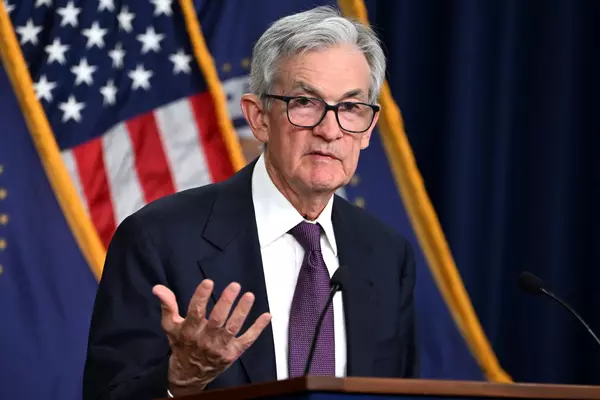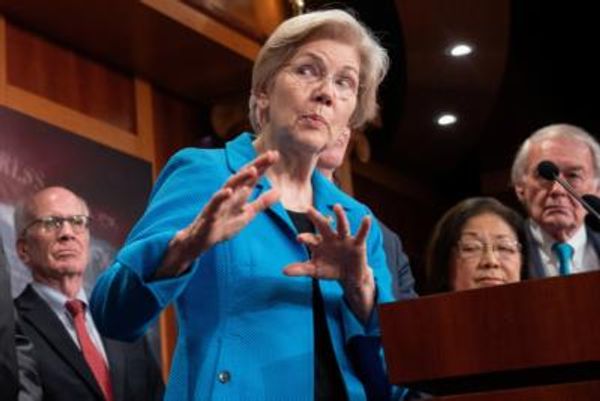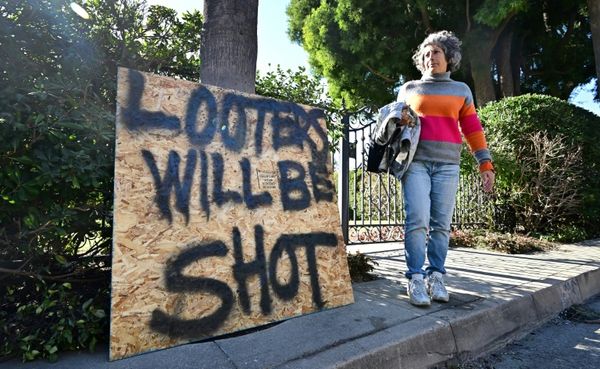Downing Street has sought to reassure the public that “all necessary mitigating steps” are being made to shore up food supplies amid concerns centring on the invasion of Ukraine.
The Prime Minister’s official spokesman said: “We are obviously aware of Ukraine in farming and production of things like wheat, it’s something that the government has been alive to. Defra and other departments are working to mitigate any of the challenges we see.
"We do obviously have a diverse food supply in this country and I think that was seen in the height of the pandemic. But the public can be reassured that we’re taking all necessary mitigating steps.”
Read more:
It comes as a leading retail expert has warned to expect possible food shortages on our supermarket shelves over the coming months following the energy and cost of living crisis. James Rehm, the chief operating officer at Skuuudle, a retail price comparison company working with clients such as Asda and Primark, explained how the rising, global cost of energy could impact the retail sector, with the likes of supermarkets having a limited supply of certain products.
Mr Rehm is also predicting that shoppers will see considerable price increases on food and essential items as the increasing global price of energy sends inflation rates soaring, reports Wales Online. Bread, ready meals and pasta are likely to be affected by shortages along with other staple products that contain wheat, grain and sunflower oil, he explained.
Meanwhile Lebanon, in the Middle East, is one of the countries already seeing an impact on food supplies and costs as a result of the war in Ukraine. Since the beginning of March, flour has disappeared from the shops and the price of bread has increased by 70 per cent, according to the Financial Times.
In the UK, the cost of living has been increasing since early 2021. In January this year, inflation reached its highest recorded level since 1992, at 5.5 percent. In February, Rishi Sunak announced that the energy price cap would increase to 54 percent, meaning the average household will be spending £1,971 more on their bills yearly.
And the prices of petrol and diesel have continued to soar, with figures from data firm Experian Catalist showing the average price of a litre of fuel at UK forecourts on Sunday (20 March) was 167p for petrol and 179p for diesel. The Chancellor is expected to announce he is cutting fuel duty in an effort to help ease the cost of living crisis on Wednesday (23 March).







